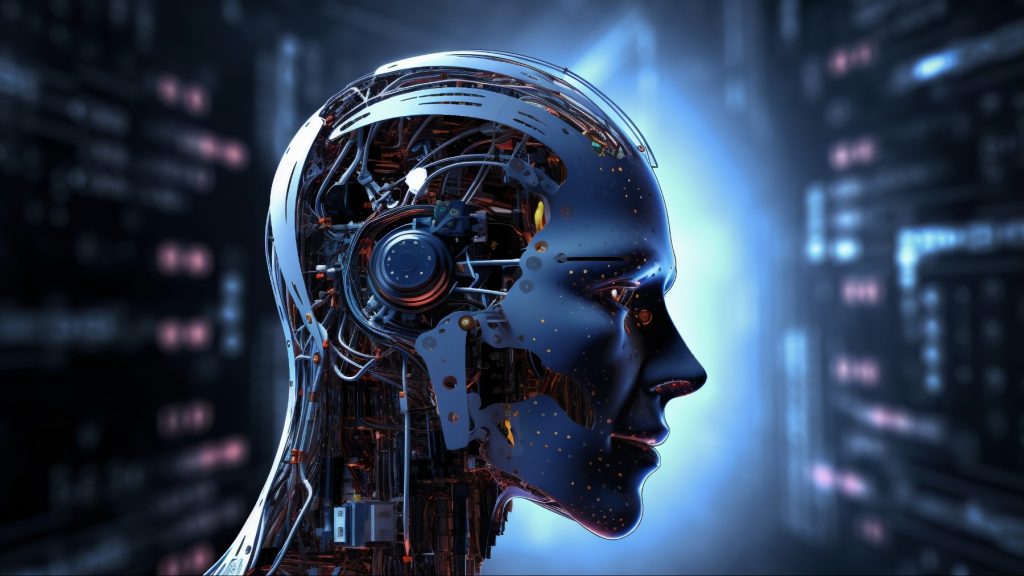Artificial Intelligence (AI) has evolved beyond the realm of science fiction; it is now a reality that is reshaping our society. Central to this transformation are AI agents, sophisticated systems engineered to evaluate data, make informed decisions, and operate autonomously.
So, what are AI agents? In essence, an AI agent is a system that engages with its surroundings, collects information, processes it, and makes decisions aimed at fulfilling a particular objective. Unlike conventional software that adheres to predefined rules, AI agents possess the ability to learn, adapt, and enhance their performance over time.
Consider an AI agent as a tireless digital assistant, continuously refining your processes, predicting your requirements, and executing tasks without the need for human oversight.
How AI Agents Work
AI agents function using a combination of advanced technologies, including:
✅ Machine Learning (ML): AI agents learn from data and improve performance over time.
✅ Natural Language Processing (NLP): Enables AI to understand and respond to human language.
✅ Computer Vision: Allows AI agents to interpret images, videos, and physical environments.
✅ Deep Learning: A subset of ML that helps AI recognize patterns and make intelligent decisions.
These technologies allow AI agents to process vast amounts of information, detect trends, and provide intelligent responses, making them invaluable for businesses and individuals alike.
Types of AI Agents and Their Functions
AI agents come in different forms, each designed to perform specific tasks. Here’s a breakdown of the key types:
1. Simple Reflex Agents
These AI agents react based on predefined rules and conditions. They don’t "think" beyond their programming.
📌 Example: A thermostat that turns on heating when the temperature drops.
2. Model-Based Reflex Agents
Unlike simple reflex agents, these agents consider historical data before making decisions.
📌 Example: Chatbots that remember past conversations for better responses.
3. Goal-Based Agents
These agents evaluate multiple options and choose the best course of action to achieve a specific goal.
📌 Example: Google Maps AI, which finds the fastest route based on traffic data.
4. Utility-Based Agents
These agents aim for optimal outcomes rather than just achieving goals.
📌 Example: Stock trading bots that analyze market trends to maximize profits.
5. Learning Agents
The most advanced AI agents, continuously improving by learning from past experiences.
📌 Example: Netflix's recommendation system, which suggests shows based on viewing history.
AI Agents in Everyday Life
AI agents are already making life easier in several ways:
🔹 Virtual Assistants – Siri, Alexa, and Google Assistant help with tasks like setting reminders and controlling smart devices.
🔹 Smart Homes – AI-powered thermostats, security systems, and lighting make homes more energy-efficient.
🔹 Navigation & Transport – AI-driven navigation apps optimize routes, saving time and fuel.
AI Agents Transforming Industries
AI agents are revolutionizing industries across the board:
📌 Customer Support – Chatbots provide instant responses, improving customer service.
📌 Healthcare – AI assists in diagnosing diseases and analyzing medical data.
📌 Finance – AI trading bots optimize investments based on market analysis.
📌 Marketing – AI generates content, improves SEO, and personalizes recommendations.
Challenges and Ethical Concerns of AI Agents
Despite their benefits, AI agents raise concerns:
❌ Data Privacy: AI processes sensitive data, raising security risks.
❌ Bias & Fairness: AI can inherit biases from training data, leading to unfair outcomes.
❌ Over-Reliance on AI: Excessive dependence on AI could reduce human decision-making skills.
The Future of AI Agents: What’s Next?
🚀 More Human-Like AI: Future AI agents will have advanced conversational skills and emotional intelligence.
🚀 AI-Powered Decision Making: AI will play a bigger role in guiding personal and business decisions.
🚀 Decentralized AI: Blockchain and AI will combine for more secure and transparent decision-making.
Conclusion: Are You Ready for the AI Takeover?
AI agents are here to stay, and their impact is only going to grow. Whether you're a business owner, a tech enthusiast, or just an everyday user, integrating AI into your life can boost productivity, enhance decision-making, and streamline tasks.
The key is to embrace AI wisely, understanding its capabilities and limitations. The future is now—are you ready to harness the power of AI agents?
FAQs
1. What is the difference between AI agents and AI chatbots?
AI agents can analyze data and make decisions, while chatbots are limited to responding to predefined questions.
2. Can AI agents completely replace human jobs?
Not entirely. AI will automate repetitive tasks but will still require human oversight for complex decision-making.
3. Are AI agents safe to use?
Yes, but data privacy and security remain key concerns. Users should ensure AI follows ethical guidelines.
4. How can businesses integrate AI agents effectively?
By automating repetitive tasks, improving customer service, and utilizing AI-driven analytics.
5. Will AI agents become more human-like in the future?
Yes, with advancements in NLP and machine learning, AI agents will become more intuitive and conversational.
